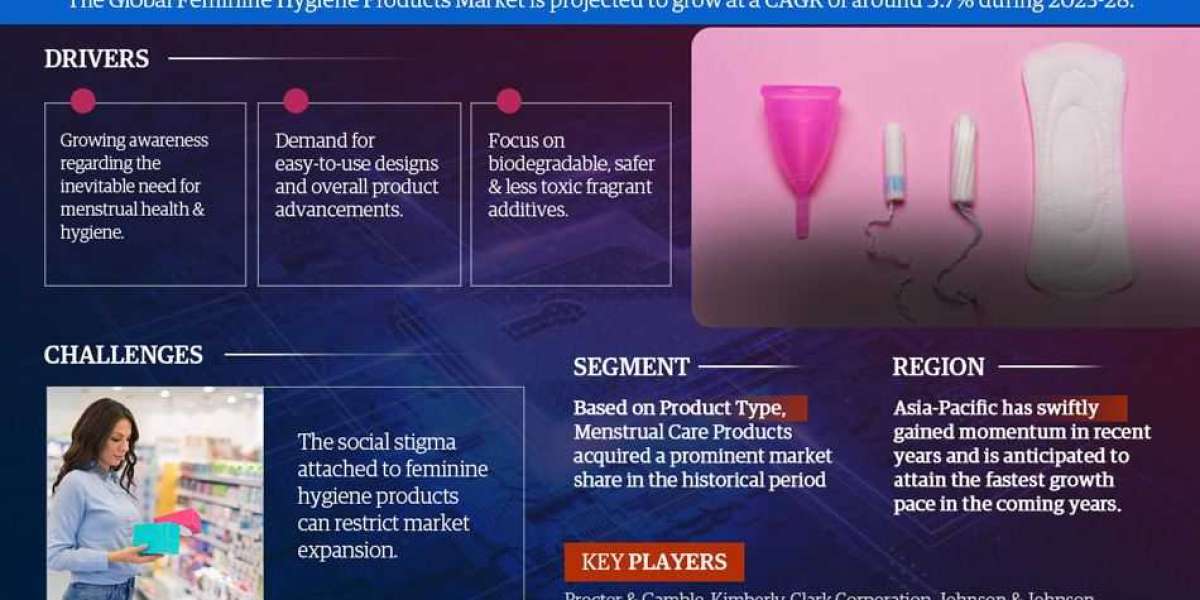This company started in 2014 and had exploding popularity for the last eight years because it allowed the possibility of shopping with local stores from home without going out. Shipt works by connecting customers to independent contractors, who fulfill and deliver orders. While Shipt Shoppers are considered independent contractors, they believe they should be employees. This classification has implications for worker rights, including minimum wage, overtime pay, and access to benefits such as health insurance and paid leave.
The core premise of the Shipt lawsuit centers around the classification of Shipt Shoppers. Although Shipt classifies its shoppers as independent contractors, various workers allege that they should be categorized as employees. Misclassification is a major dimension in the gig economy and creates labor law gaps that lead to unpaid wages, inadequate minimum wage payment, failure to pay overtime, and more.
Some key legal issues that are discussed in this lawsuit include:
Worker Misclassification: A central question is whether the Shipt Shoppers are employees under labor laws. What level of control over shoppers' work does Shipt have, and how independent the individual shoppers are considered?
Wage and Hour Violations: Frequent allegations of wage and hour violations during delivery, including unpaid wages, minimum wage violations, and denying employees the opportunity to work overtime, are common in gig economy companies such as Shipt. In such cases, the employees want to be rewarded for all the time spent on waiting for orders and traveling to deliveries.
Benefits and Protections: When one has employee status, they stand to gain such entitlements, as the access to health insurance, retirement plans, and workers' compensation. On the other hand, independent contractors bear individual expenses and are not entitled to many benefits that are available to employee associates.
The fall-out from the shipt lawsuit could have greater impact on the future of the gig economy as a whole. If the ruling is in favor of the Shipt Shoppers, this could bolster efforts to reclassify gig workers as employees, thus creating greater accountability and improved working conditions. Conversely, if the ruling is in favor of Shipt, it will support the gig economy model and its emphasis on independent contractor relationships.



